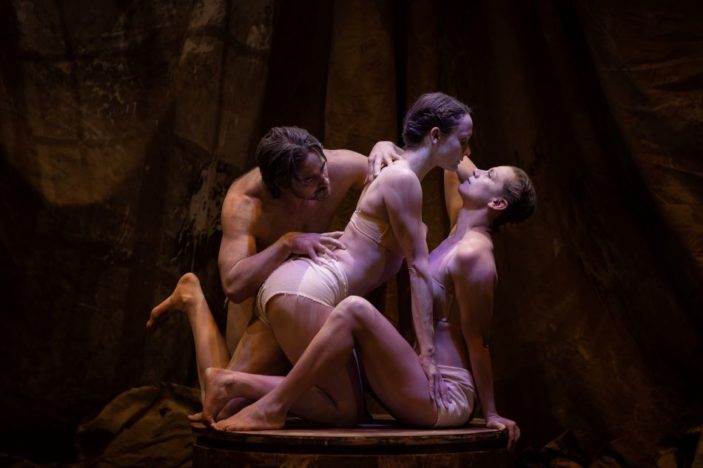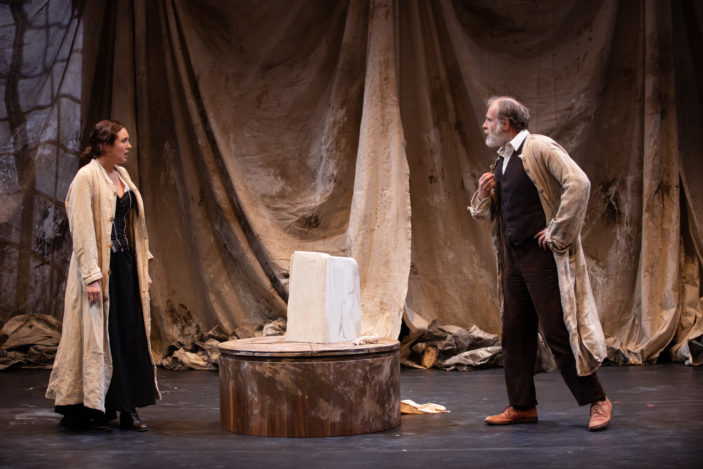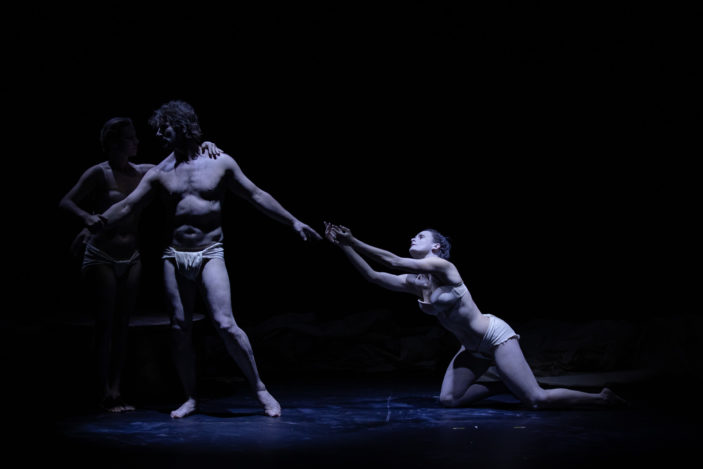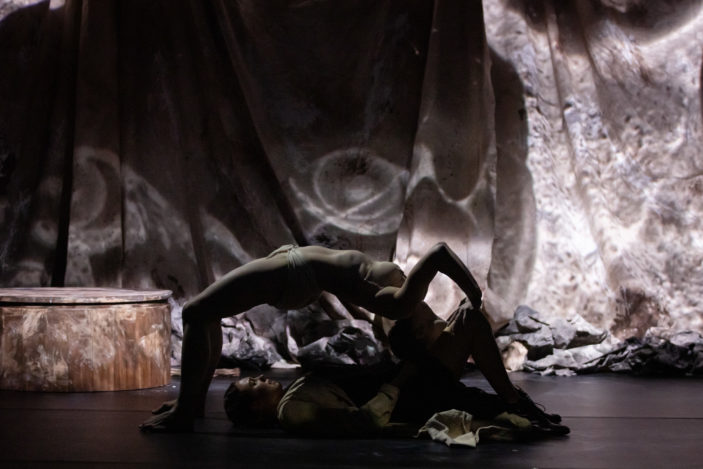
You could be forgiven for having never heard of a French sculptor named Camille Claudel. Like many talented and brilliant women history forgot, she existed in the shadow of a man and within the confines of a society that feared the ambitions of women.
Growing up with a father who encouraged her and a mother who despised her, Claudel (Imogen Sage) met the renowned sculptor Auguste Rodin (Christopher Stolley) after he took over teaching duties from Alfred Boucher. It wasn’t long before Claudel became the sculptor’s assistant and she is known to have contributed to many of his works during this period in the mid-1880s.
The two soon start an affair that would see Claudel’s family shun her. It is only after the young sculptor has an abortion that she ends the relationship.

Claudel goes on to achieve a degree of success in her own right but after the death of her father, which she was not informed about for several days, we see the artist spiral into mental illness and her brother admits her to a psychiatric hospital.
It is here that she would spend the remainder of her life. 30 years locked up because she dared to live a life society didn’t approve of and because she was a woman.
Imogen Sage as Camille Claudel is passionate – arguably too much so – when every line of dialogue is presented with such force, it dilutes the overall performance. Those moments of blinding emotion are best reserved for her father’s death or the end of her relationship with Rodin but when presented at the same frequency the entire way – it’s exhausting.
Sage’s most authentic performance came near the end of the production as the character lives out her days in the mental hospital. She’s despondent and abandoned and, as time passes, forgotten.

By far the most powerful aspect of the performance are the three dancers who represent Claudel (Cloé Fourinier), Rodin (Kip Gamblin) and his wife Rose (Dorothea Csutkai). Through each milestone of Claudel’s journey they represent her innermost struggles and emotions. In particular, the scene where she experiences an abortion is incredibly powerful, the movement and light perfectly encompassing the anguish of the moment.
Choreographed by Meryl Tankard, the way in which light is used to emphasise the muscles of the body and the lines of the figure is stunning and reflects how the sculptors discuss the human form.
Having these dancers portray the sculptures instead of using inanimate objects was brilliant. The strength and skill required to hold some of those poses was immense but was achieved with grace and a calm fluidity.

Christopher Stolley is believable as Rodin, bringing the right amount of confidence and ego to the role. It was refreshing to see his character take a back seat in this production and allow the focus to be more on Claudel’s story and not entirely on his role in it.
This is an incredibly significant story to tell, however overall the production felt rushed, as if the audience were seeing the cliffs notes version of Claudel’s life. Is 90 minutes enough time to tell the story of someone’s entire life? Arguably not in this instance. Had the performers more time to truly explore and embody their characters, particularly around crucial moments such as the breakdown of Claudel and Rodin’s relationship and the artist’s schizophrenia – I would have felt more invested.
![]()
![]()
![]()
![]()
![]()
THREE STARS (OUT OF FIVE)
Photo credit: Daniel Boud
Reviewer attended on 29 April 2021.
Claudel will run until 9 May 2021. For more information and to buy tickets head to the Sydney Opera House website.
